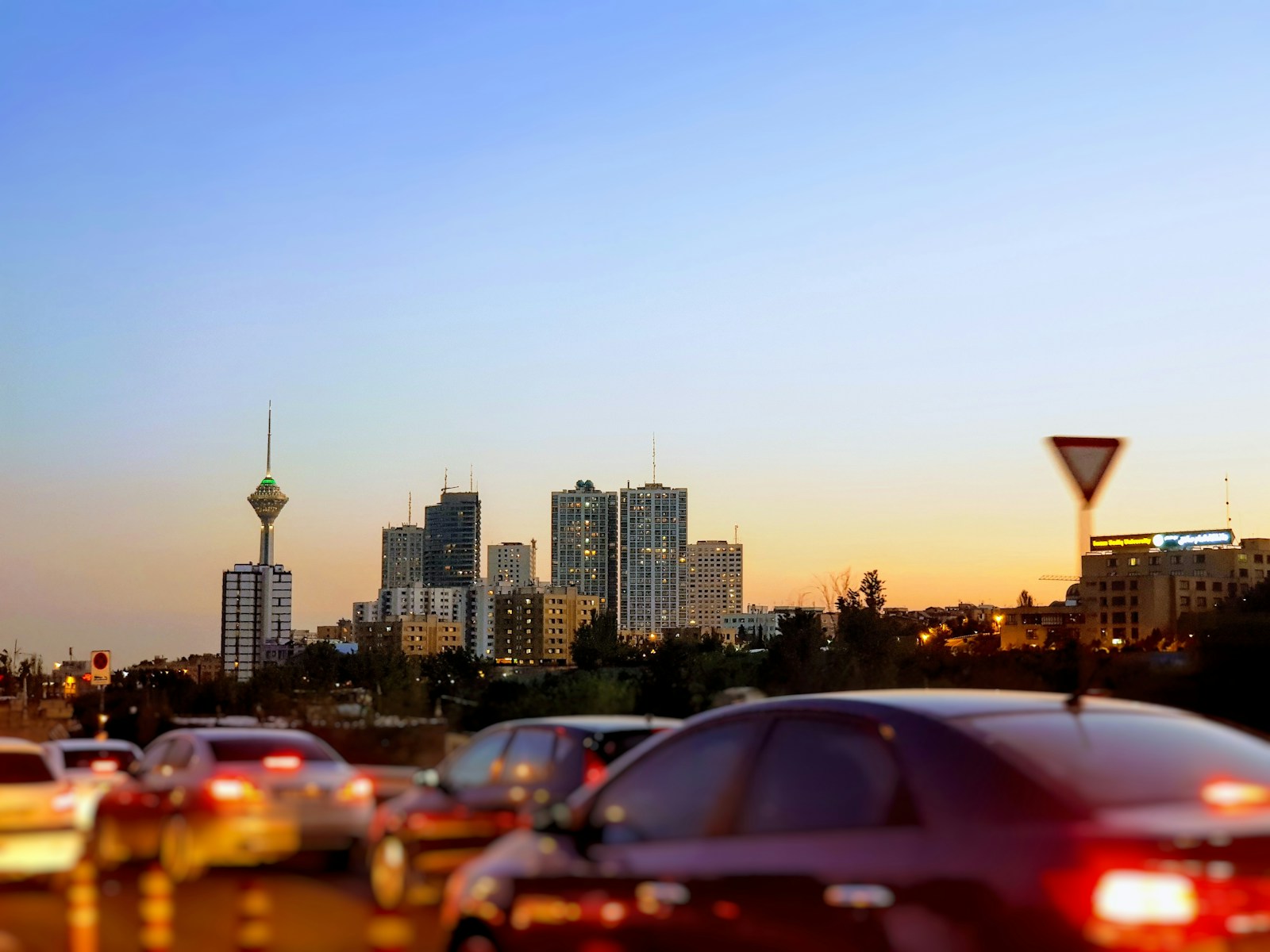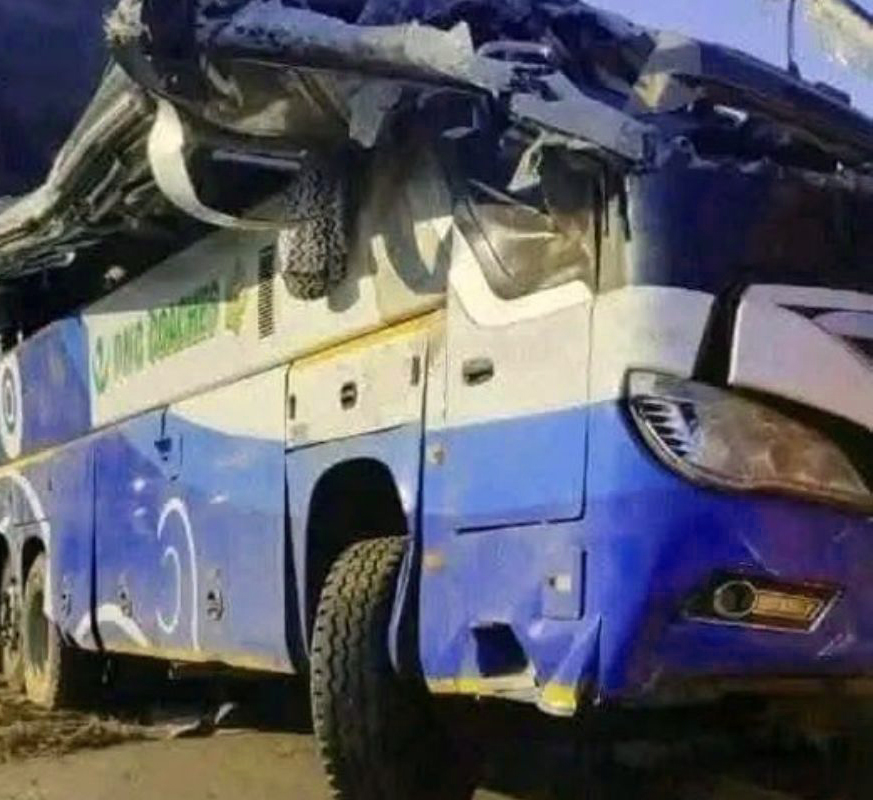The Struggles of Baluchistan: Governance Failures and Widespread Injustice
The province of Baluchistan in Iran, located in the southeast of the country, has long suffered from neglect, discrimination, and political repression. Despite its rich cultural heritage and strategic location, the region is often overlooked in terms of development, governance, and the protection of its people’s basic rights. The people of Baluchistan, primarily ethnic Baluchs, have faced systemic injustices for decades, from government corruption to human rights abuses and a lack of infrastructure. These challenges are deeply intertwined with the region’s governance issues, creating a cycle of poverty, unrest, and resentment.
Historical Context: The Roots of Discontent
Baluchistan has a complex history marked by marginalization. The region has been home to Baluchs for centuries, yet their identity and culture remain suppressed under the Iranian government’s centralized policies. Despite contributing significantly to the nation’s economy, particularly through trade and access to natural resources, Baluchistan has been historically underdeveloped. Over the years, the Iranian authorities have failed to address the needs of the population, leaving them struggling with inadequate healthcare, poor education, and limited economic opportunities.
One of the most significant grievances is the lack of political autonomy. Baluchistan’s political representation at the national level is minimal, and its citizens are often excluded from high-ranking governmental roles. This political exclusion has fueled a sense of disillusionment and frustration among the Baluch people, who see their region as an afterthought in Tehran’s political strategy.
Governance Failures and Institutional Corruption
A central issue in Baluchistan is the profound failure of governance. Corruption and inefficiency plague both local and national institutions, resulting in an environment where public services are subpar and infrastructure is woefully inadequate. The local economy, which relies heavily on agriculture, trade, and natural resources, has been stifled by poor planning and a lack of investment from the central government.
Baluchistan’s governance is marred by widespread corruption, which creates an environment where local officials exploit resources for personal gain rather than investing in public welfare. This has had a direct impact on the people, who have to contend with constant power outages, water shortages, and deteriorating roads. Despite the region’s strategic position along the Persian Gulf, which provides access to vital shipping lanes, Baluchistan remains economically stagnant due to poor infrastructure and insufficient investment.
Moreover, the political environment in the region is repressive, with dissent silenced through heavy-handed tactics. Protests are met with violence, and activists are regularly subjected to arrest, torture, and extrajudicial killings. This climate of fear and repression only exacerbates the region’s challenges, preventing meaningful dialogue or any real change in the status quo.
Human Rights Violations and Political Repression
Human rights violations in Baluchistan are rampant, and the international community has increasingly turned its attention to the abuses faced by the region’s inhabitants. Many Baluch people are subjected to arbitrary arrests, extrajudicial killings, and forced disappearances. Political dissent is severely punished, and those who speak out against the government or demand basic rights are often met with violent repression.
The Iranian authorities justify their actions by labeling Baluch activists as separatists or terrorists, a label that has been used to discredit legitimate calls for political rights and autonomy. This repression, combined with the lack of accountability within the government, has fueled a cycle of violence and mistrust between the people of Baluchistan and the Iranian state.
In addition to the heavy-handed political repression, there are also widespread reports of ethnic discrimination. The Baluch people, who are primarily Sunni Muslims in a predominantly Shia Iran, often face social and political marginalization. This discrimination is reflected in many aspects of life, from hiring practices to access to public services. The government’s failure to address these issues has deepened the sense of alienation felt by the Baluch population.
Economic Inequality and Lack of Development
Baluchistan’s economic situation is dire, with the region lagging far behind the rest of the country in terms of infrastructure, employment, and quality of life. Despite its wealth of natural resources, such as oil, gas, and minerals, Baluchistan has received little investment in terms of development. The people of Baluchistan, who live in one of the most resource-rich areas of the country, continue to face extreme poverty and high unemployment rates.
The region’s economic plight is further exacerbated by the lack of basic services. Schools are underfunded and under-equipped, hospitals are poorly staffed and lack essential medical supplies, and transportation infrastructure is inadequate. The government has consistently failed to address these issues, leaving the people of Baluchistan to cope with the challenges on their own.
This economic inequality has led to widespread frustration among the population, with many feeling abandoned by the central government. As a result, there has been a rise in social unrest, and many young Baluchs have turned to extremist groups or separatist movements in search of an alternative to the Iranian state’s neglect.
The Role of Militancy and Separatism
The governance failures and human rights abuses in Baluchistan have contributed to the rise of militant and separatist movements in the region. Groups such as the Baluchistan Liberation Army (BLA) and other armed factions have increasingly targeted Iranian security forces in an effort to draw attention to the plight of the Baluch people. These groups argue that the only way to secure political rights and end the oppression of the Baluch is through force.
While these movements have garnered attention, they have also led to more violence and repression from the Iranian government. The government has responded to these groups with brutal crackdowns, leading to more deaths and further entrenching the cycle of violence. This dynamic creates a dangerous feedback loop: the more the government cracks down on dissent, the more support militant groups gain, and the greater the instability in the region.
Moving Forward: The Path to Peace and Justice
The situation in Baluchistan is complex and requires a nuanced approach that addresses the root causes of the region’s grievances. A more inclusive and accountable government, one that recognizes the rights of ethnic minorities like the Baluchs, is essential for lasting peace. The Iranian authorities must begin by addressing the systemic corruption, providing basic services, and ensuring that the people of Baluchistan have a genuine voice in political decision-making.
International pressure can also play a role in urging the Iranian government to improve its human rights record in the region. Global organizations and human rights advocates must continue to monitor the situation in Baluchistan, document abuses, and hold the Iranian government accountable for its actions.
However, it is not only the Iranian government that must act. The people of Baluchistan themselves must be given the opportunity to engage in political processes and to advocate for their own future. This means fostering local leadership, supporting community-driven development projects, and ensuring that the voices of marginalized groups are heard.
Conclusion: A Call for Change
The struggles faced by the people of Baluchistan are not merely the result of political repression; they are also the consequence of deep-rooted governance failures, economic neglect, and systemic discrimination. For real change to occur, both the Iranian government and the international community must recognize the legitimate grievances of the Baluch people and work together to address the region’s complex challenges.
The path to peace and justice in Baluchistan will be long and difficult, but it is a path that must be pursued if the people of the region are to have any hope of a brighter future. A more inclusive, fair, and responsive governance structure is not just necessary, it is the only way forward to resolve the region’s longstanding issues and create a future of peace, equality, and opportunity for all.
For more news: africaheritagevoice.com




